Fiction is as old as time. From the ancient “Epic of Gilgamesh” to contemporary novels and short stories, fiction has explored the human condition and pushed us to think outside ourselves and expand our imaginations. The internet, on the other hand, is less than 50 years old. It’s evolved exponentially over the last four decades, and inarguably changed the way we communicate, live, and think.
In these edited responses, writers of the genre share how they believe the internet has changed fiction.
Readers have become audiences
Greg Jackson ’06 is the author of several short stories that have appeared in The New Yorker, Granta, and the Virginia Quarterly Review. His debut novel, “The Dimensions of a Cave,” was published in 2023.
Fiction is fundamentally about one privacy addressing another. Its power and meaning depend on the writer speaking with uncomfortable candor, channeling a brave private truth, and the reader receiving this message as a solitary conscience. “Write as though your parents are dead,” writers are counseled. But in the age of the internet, writers must go further and write as though the unignorable sphere of a vast judging public did not exist. This is increasingly hard to do.
The internet — what we refer to, in shorthand, as social media — has made personal taste into a matter of public enthusiasm and, as often, condemnation. It has turned “readers” into “audiences.” Taste has become something impersonal, conditioned by influencers, likes, star ratings, Tweets, and lists. Traditional tastemakers — critics, editors, booksellers — have seen their influence overtaken by mass opinion and viral acclaim. Without them, we have few champions of challenging, difficult, and subversive work. Sensitive to their audiences’ whims and the viability of their careers, writers adapt their work to what they think a mass public wants and believes. The imperative to startle readers with what they don’t know they want, with a truth pitched at a deeper place than superficial opinion, disappears. Readers may well forget that this is what fiction offers.
Are there positives? I don’t see many and I think pairing the minuses with some pluses obscures what is, on balance, a negative equation. Sometimes a net effect is simply bad. Literature is a vital companion to self-discovery, illuminating our condition. It addresses a realm of experience prior to politics, mass conviction, commonplace belief, and rote speech. You cannot discover what you already know. Fiction’s radiant core — private truth — may well turn out to be the chief casualty of our age of social media.
A time-saver and a time-suck
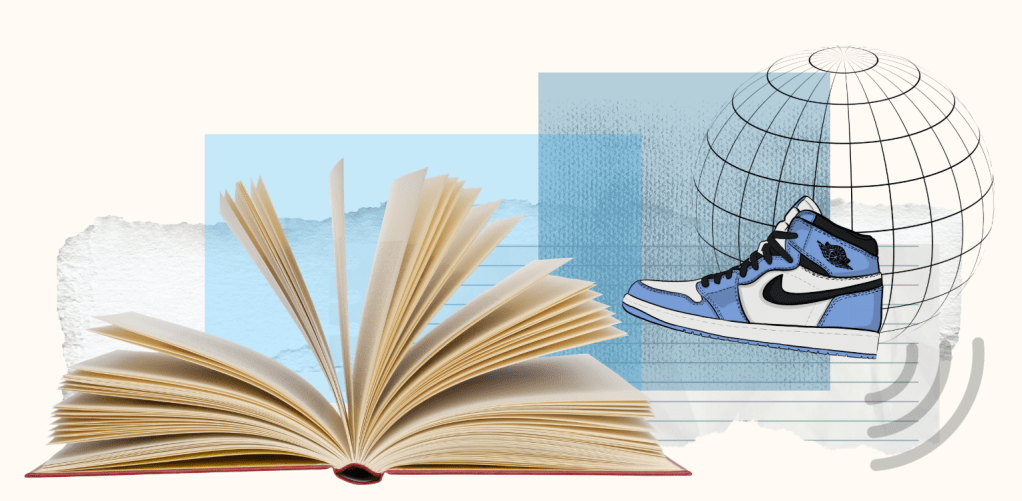
Scott Turow, J.D. ’78, is a lawyer and the author of 13 fiction and three nonfiction books including “Presumed Innocent” and the memoir of his first year at Harvard Law School, “One L.”
I use the internet for research, and the ease of it is sometimes striking. In my most recent novel, “Presumed Guilty,”I learned about the minutiae of the Nike Air Force 1 sneaker and the question of how far cell signals travel, both with days less time than it would have taken me when I started out 40 years ago. Because of that, I think my books are probably more research-intensive than they would have been decades ago.
Fiction exists on the assumption that we can learn the inmost thoughts and feelings of others. That people have an appetite for learning that is no surprise, but it makes storytelling a profoundly moral enterprise, because it sharpens our empathy for others. I don’t think posts or emails generally have the same depth.
The internet obviously competes for readers’ time, and I think it’s true that book sales began to drop when people started “cruising the net,” as it used to be called when people just gave themselves over to wandering through the online world. But the internet carries benefits as well, especially the easy accessibility of eBooks. Readers connect online and share word-of-mouth about books they like. So, it’s not all one way.
The one thing I am sure of is that the novel has withstood technological changes since the 18th century — or the 13th century, depending on how you figure its birth. And it’s not going away soon.
We lost a major plot device
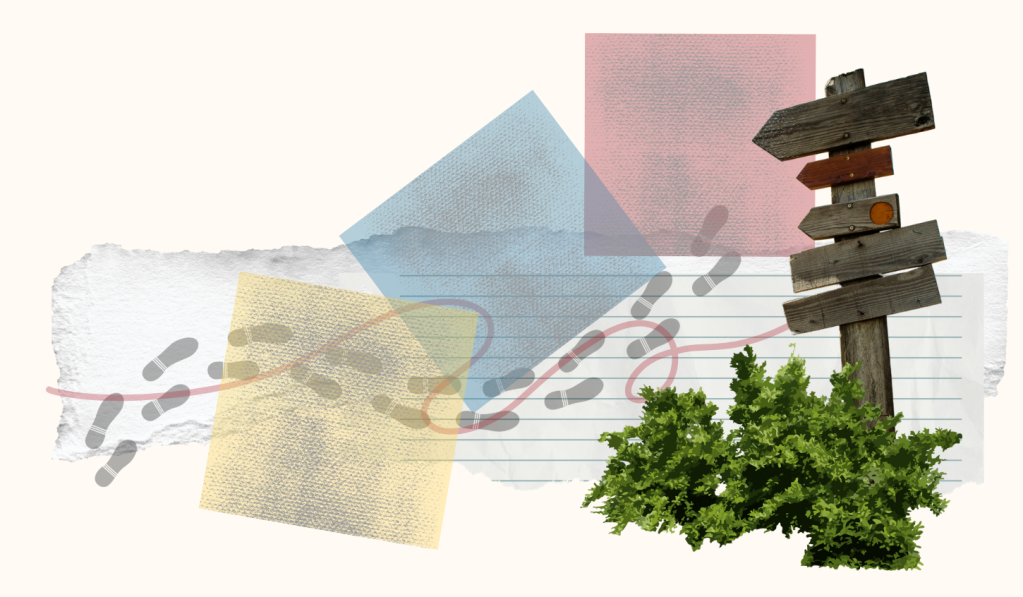
Jennifer Finney Boylan was the 2022-2023 Marilyn Beaudry-Corbett Schlesinger Fellow at Harvard Radcliffe Institute. She is the author of 19 books, including her latest, “Cleavage” (2025), president of PEN America, and the inaugural Anna Quindlen Writer in Residence at Barnard College of Columbia University.
A major plot hook used to be people losing each other, or getting lost, or not knowing where they were, and so on. And this particular situation is now one that’s very unlikely — since we’re always tied into the web somehow. Think of the film “After Hours” (by Martin Scorsese), in which Griffin Dunne’s money flies out of a taxicab window one night and he’s then left stranded downtown, unable to get home. This kind of twist is pretty rare now, isn’t it? And if you think about it, so many great stories — from the “Odyssey” to, say, “Ulysses” — are about people who have gotten lost, or who are trying to find their way home, and the obstacles to their journey consist of not knowing where they are, or being unable to tell their loved ones of their fate.
In my heart I think we’d all have been better off if the internet — and the iPhone and its knockoffs — had never been invented. We would spend more of our time looking at each other, rather than our screens. We would read more, scream less. Is that world so much worse than the one we live in now?
A time machine for research
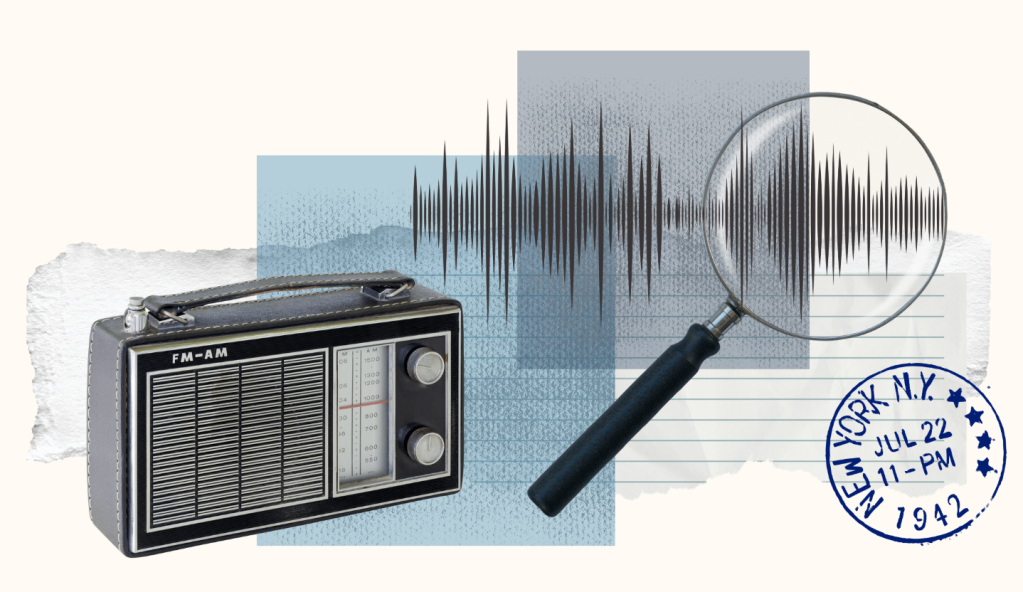
Julie Orringer was the 2013-2014 Lisa Goldberg Fellow at Harvard Radcliffe Institute. She is the author of three award-winning books: “The Invisible Bridge,” “How to Breathe Underwater” and “The Flight Portfolio,” a novel about Harvard alumnus Varian Fry, an American journalist who traveled to France in 1940 to save writers and artists blacklisted by the Gestapo. Her work has also appeared in Granta and The Scribner Anthology of American Short Fiction, and she is the winner of The Paris Review’s Plimpton Prize.
Two things that have been really helpful to research are doors that open via the internet. One is newspaper archives. It’s incredibly helpful to be able to go into Times Machine via The New York Times, for example, and look at the newspaper pages exactly as they were laid out and to see the article that you’re trying to read in context, and for that article to be searchable. It used to be that researchers would have to go and look at microfilm, which was just impossible. And so you can page through the day-by-day events of a particular historical moment, but also you get all the context of the other articles, and the ads for hats and suits and foods and theater shows and modes of transportation, and a lot of the other kind of contextual cues that would help to place you in a particular temporal setting.
And then the other thing that I’ve found that’s similarly helpful is radio archives, because we tend to forget what a constant presence radio was in people’s lives, especially when we’re writing about the 20th century. And there are numerous archives that allow you access to the radio shows that people were listening to regularly every day. If you don’t hear the voices that were speaking into people’s ears about the political events and the artistic events and the fashions of a time, then you don’t really have the whole picture.
Less time at the library, for better and for worse
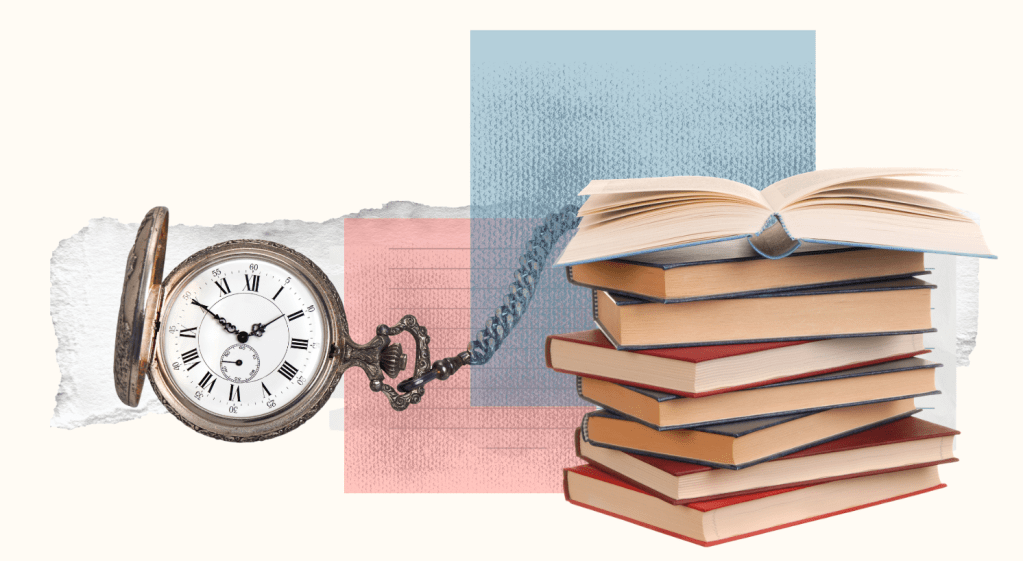
Weike Wang ’11 is the author of several novels, including “Chemistry,” “Joan is Okay,” and “Rental House.” She is the recipient of a PEN/Hemingway Award, a Whiting Award, and a National Book Foundation 5 under 35. Her work has appeared in Ploughshares, The New Yorker, The Atlantic, and The Best American Short Stories, and she has won an O. Henry Award.
I learned to read at the library. My mother would take me and she would be in the adult section, looking through job listings in newspapers, and I would be in the kids section, reading “Anne of Green Gables” or “Goosebumps” and playing the Oregon Trail. I’m not sure if the internet changed fiction but it changed reading. Without the internet or a phone with internet access, I read for longer, deeper periods. I would spend whole days reading. Now I can’t do that. Also I have more responsibilities and reading has become part of my job rather than my leisure.
The internet has certainly made research easier for stories. Instead of going to the library, I can find more things online. I can Google. I can watch YouTube videos. I also can use Google Maps to see what the area I’m writing about looks like. Without the internet, I would have to go there. I would also have to interview people if I’m interested in writing a character with that occupation. Nowadays, so many people post online about their experiences that writers have easy access to this kind of material.
We need emotional truth too
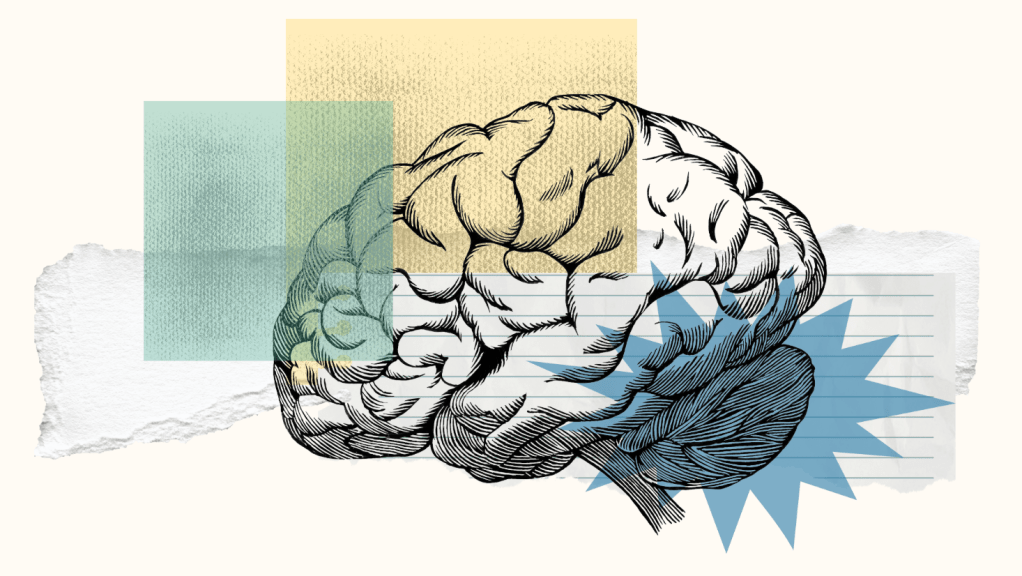
Min Jin Lee was the 2018-2019 Catherine A. and Mary C. Gellert Fellow at Harvard Radcliffe Institute. She is the author of the novels “Free Food for Millionaires” and “Pachinko,” a finalist for the National Book Award, runner-up for the Dayton Literary Peace Prize, and a New York Times “100 Best Books of the 21st Century.” Lee is also the 2024 recipient of The Fitzgerald Prize for Literary Excellence.
Apart from the fact that the internet may have contributed to the Oxford English Dictionary 2024 Word of the Year, “brain rot,” and that neoliberalism has made our attention the commodity to exploit without mercy, I remain unreasonably hopeful that fiction will emerge as the primary vehicle of enduring narrative. We may love nonfiction in many of its forms, but fiction has the capacity to enlarge our grasp of emotional truth through the prism of non-fact.
Expanding knowledge
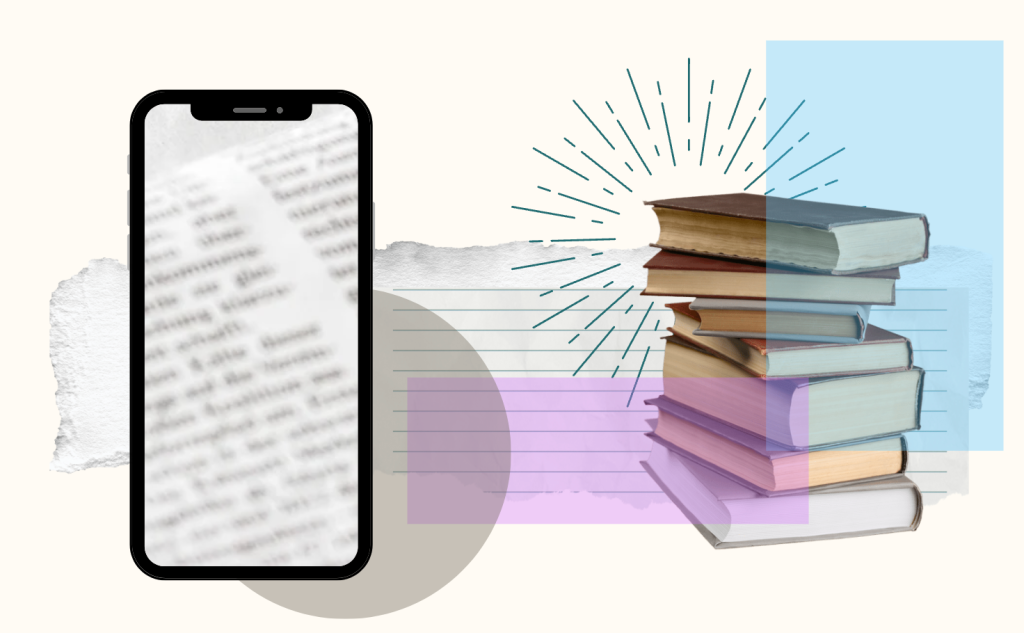
Andrè Aciman, Ph.D. ’88, is the author of several New York Times bestselling novels, including “Call Me by Your Name,” “Out of Egypt,” and “Eight White Nights.” He’s the editor of The Proust Project and teaches comparative literature at the Graduate Center of the City University of New York.
Books are important. They mold who you are, and they give you an aperture into history and into the universe that is not available elsewhere. Does “Crime and Punishment” give you a better sense of who human beings are? Absolutely. Does Shakespeare? Yes. But a small article on the net that appears and then disappears? That’s the way people think nowadays, and I have no argument against it.
My experience has been that young people, people under 35 with the exception of a few, don’t read or they are constantly online, reading the newspaper, the magazines. They know all sorts of things that I would never have even imagined existed. I, on the other hand, know nothing except for what I read in The New York Times, and I don’t even read that very thoughtfully. My sons, for example, seem to know so much, as all their friends do, but none of them read books.
Some things ‘can only be experienced through face-to-face interactions’
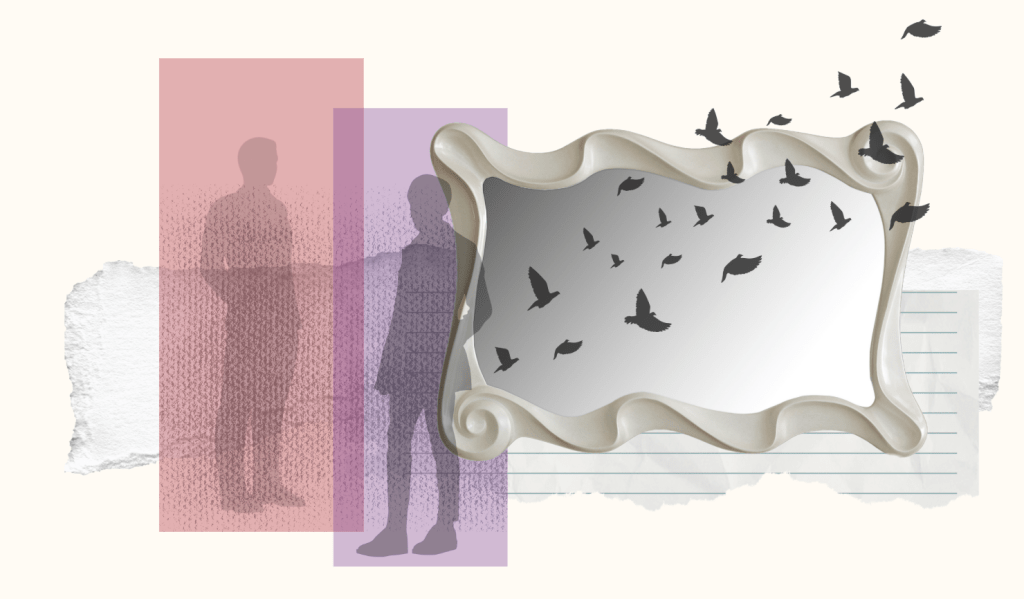
Yxta Maya Murray is the current Walter Jackson Bate Fellow at Harvard Radcliffe Institute, a law professor, writer, social practice artist, and beginning filmmaker. She also is the David P. Leonard Professor of Law at Loyola Law School, where she writes legal scholarship examining the relationship among law, social justice, and the arts. She has published 11 books.
I have written several novels that are steeped in legal, scientific and archival research. And these books would have been impossible for me without the internet. My 2020 book, “The World Doesn’t Work that Way, but It Could” is a collection of stories reflecting President Donald Trump rolling back the administrative state, by which I mean unraveling safety regulations in the Department of the Interior and EPA. I did legal and scientific research and asked the web to deliver me reports. But the research alone can’t enliven the text. There are things that are not available on the web, and that can only be experienced through face-to-face interactions. So I did interviews. Fiction is important so that we can imagine other people’s lives, so that we can develop empathy, so that we can move outside of ourselves, and we can see ourselves mirrored. It’s galactically important, because only a very small part of reality can be expressed, and if you confine yourself to nonfiction and are trying to do a good ethical job of that, then you strangle the ability to express all sorts of other parts of human experience.
Source link

